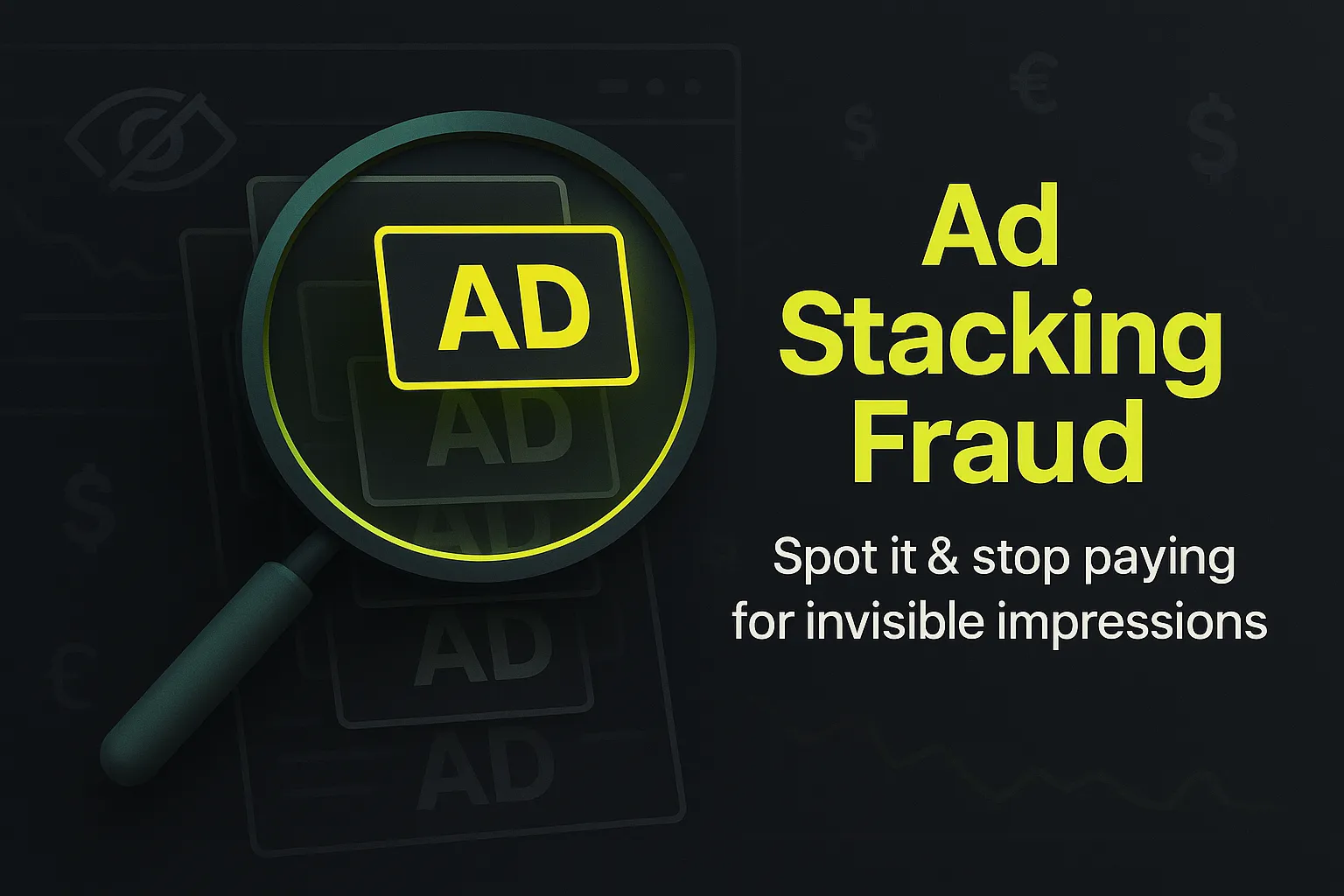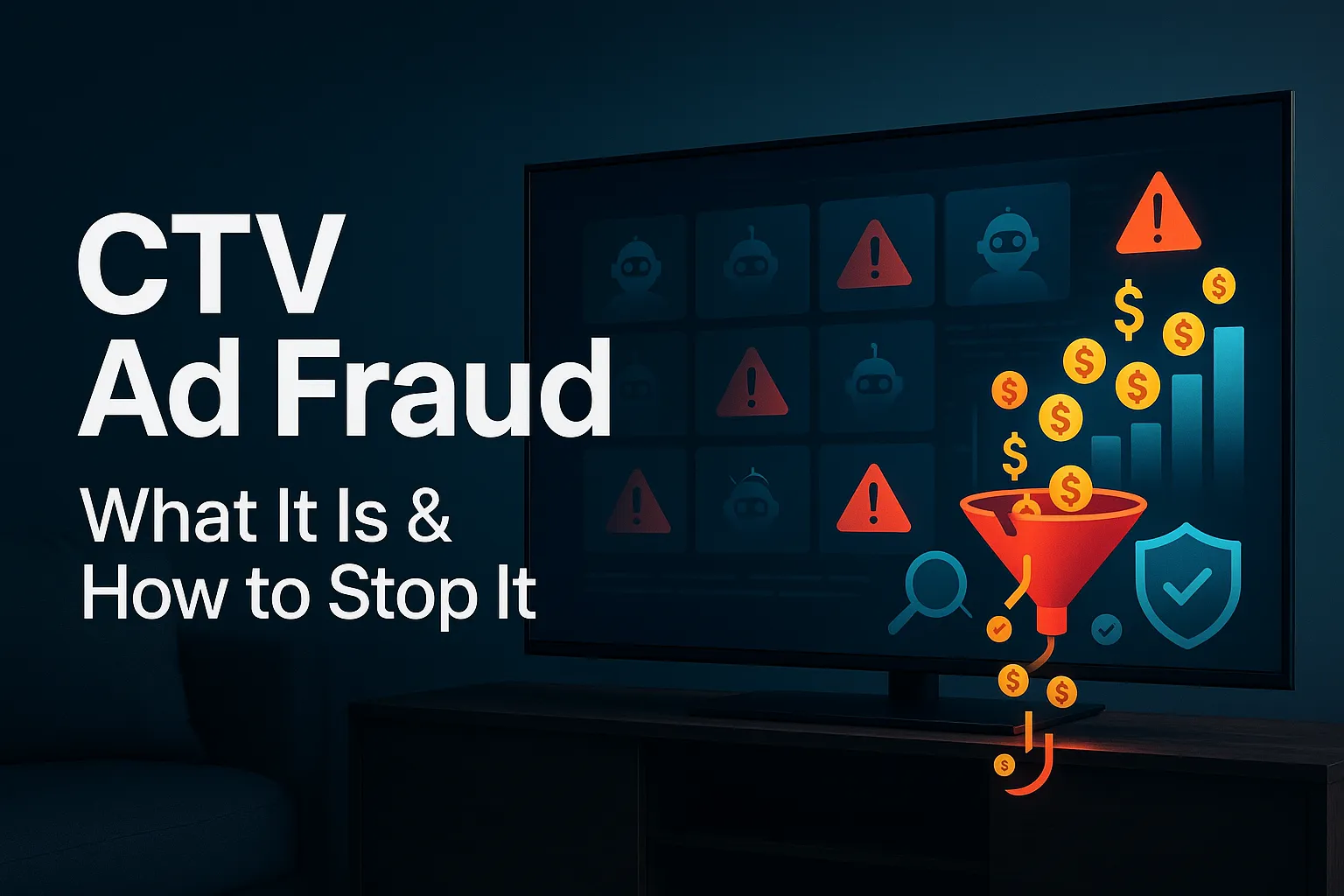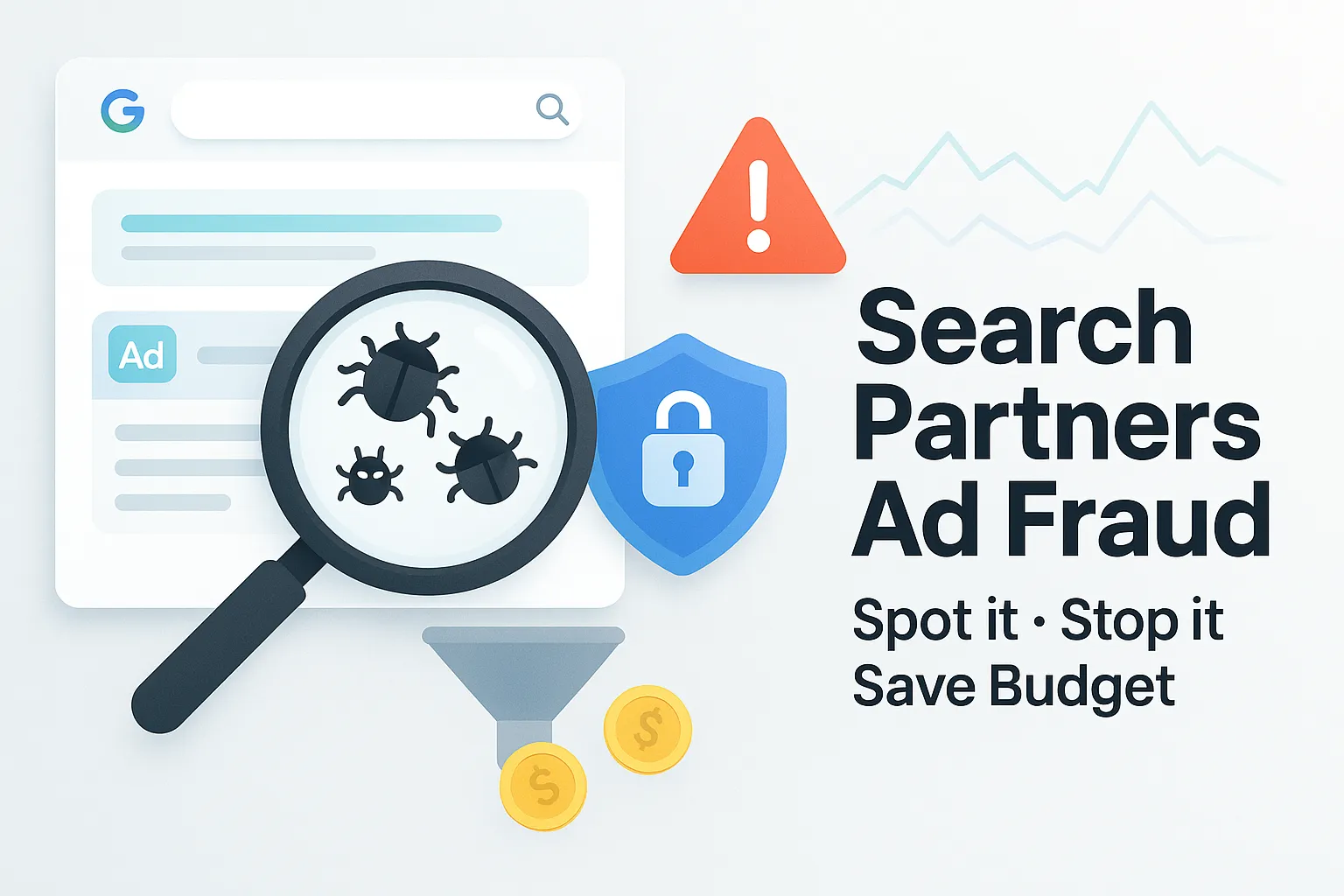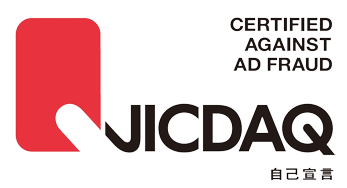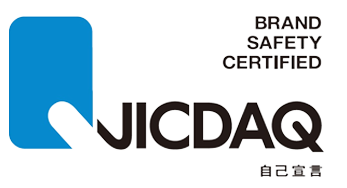5 Major Facebook Ad Changes One Month After Removing 28 Day Attribution

In the past, Facebook’s attribution advertising model allowed advertisers to track their ad campaign performance closely, examining their actions over a long period of time. However, with the removal of the 28-day attribution, this is no longer possible. It’s been more than a month since Facebook removed the old attribution window, but what has changed during that period?
Without further ado, let’s dive right in…
What Does This Mean for Facebook Advertisers?
Facebook’s attribution models have specific touchpoints in the advertising process which are there to give you insight into specific metrics of your choice. Using this insight, you can find out what was the real impact of your Facebook ad campaigns.
An e-commerce store owner would set tracking models within the Facebook ad platform to oversee the buyer’s journey. Furthermore, the owner could also learn whether ads translate into new visits, sales, and revenue. Before the attribution window update, they could track this over 28 days.
With the new changes, business owners and advertisers no longer have the ability to track their campaigns for long periods. Instead, the Facebook Ad platform now offers only a 7-day overview of their campaign and direct response performance.
Undoubtedly, you’ll see far fewer conversions during a week-long period, instead of a month-long. That means all of your metrics – from return on ad spend to purchase conversion value – will be skewed.
How Will This Affect Advertising?
In order to measure the effectiveness of your ad campaign, you need to observe it for a long period of time. Can you determine why a campaign was successful or unsuccessful based on data collected in a week? For many advertisers, the answer is no.
Just how much reporting will be affected? Like many other aspects of your marketing campaign, this mainly depends on your customer journey length. Products that target consumers that need more time to finish their journey will be more affected.
On the other hand, advertisers and business owners whose operations depend on impulse purchases and quick conversions won’t be affected as much.
All in all, making such a huge change in the final quarter of the year, while nothing new for Facebook, shows shortsightedness on their part. For many, this is the busiest time of the year, and adapting to such a change may be impossible with so much work on their hands.
But not everything is bad. This change won’t affect your retargeting abilities via Facebook Pixel. It will only affect your reporting on Facebook.
5 Things You Need to Know About Facebook Ad Changes
In the initial post, Facebook officials claimed that the changes won’t affect the “delivery or performance of your ads.” While most agree that ad performance won’t be affected directly by the change it will limit the insight into ad performance dramatically.
If your customers take longer than a week to convert, you’ll pretty much lose all the insight into their habits. Consequently, you won’t be able to make any adjustments to your ad campaign, and over time, your conversion rate will go down.
To prepare you to deal with the 7-day attribution window, here are 5 things you need to know.
1. Different Businesses Adapt Differently
Trending items don’t usually require the customer to think things over a thousand times before making a purchase. These items are usually sold on the spot, as soon as the customer sees the ad. For these items, you can easily set your attribution window to 7 or fewer days and watch your conversions grow. However, more time may be required for more expensive items like furniture.
2. Check to See if You Have Any Historical Data
All of your old 28-day attributions are now deleted. Check with your team to see if you have any downloaded data lying around. If you don’t, all of your historic data is now lost, and you don’t have anything to measure your new campaigns up against. In such a case, it would be best to leverage first-party data and import customer lists specific to future campaigns.
3. Conversions Have to Happen Within the Attribution Window
Facebook receives attributions from purchases only if they happened within the timeframe of the 7-day attribution window. Let’s say one of your targets sees an ad on the 1st and buys the item on the 7th. The actual conversion will be contributed to the 1st when the ad was initially seen.
4. Ad Clicks Get the Credit Over the Views
Ad conversions are only attributed to one date. That means, if a consumer sees an ad and clicks on it the same day, the conversion will be attributed to that date, even if they took a few days to finish the transaction. When the consumer sees an ad, clicks on it, and then finishes the transaction within the attribution window, a conversion is counted.
5. Facebook Regards Multiple Actions as Ad Clicks
Now, Facebook counts almost any engagement action as an ad click. For example, if someone likes, shares, or comments on your ad, the platform will count this as a click. A conversion will be attributed to this interaction if a conversion happens within the 7-day window.
Where to Go From Here?
The good news is that the removal of the 28-day attribution method won’t affect your delivery optimization or retargeting campaigns. But if you’ve used the 28-day window in the past, it will definitely affect your reporting numbers and conversion optimization. In the long run, this could affect the way you perceive your ad effectiveness and consequently, your overall advertising budget.
As we mentioned before, old information is now deleted forever. If you failed to download it, you have no historical data. In the end, you need to be ready to adapt to the situation and leverage current Facebook advertising tactics provided such as the use of first-party data to optimize your campaigns moving forward.
Ad fraud may be causing your ad performance issues and wasting your ad budget. Check out our free trial to identify and stop ad fraud, and start seeing the campaign performance you deserve!












